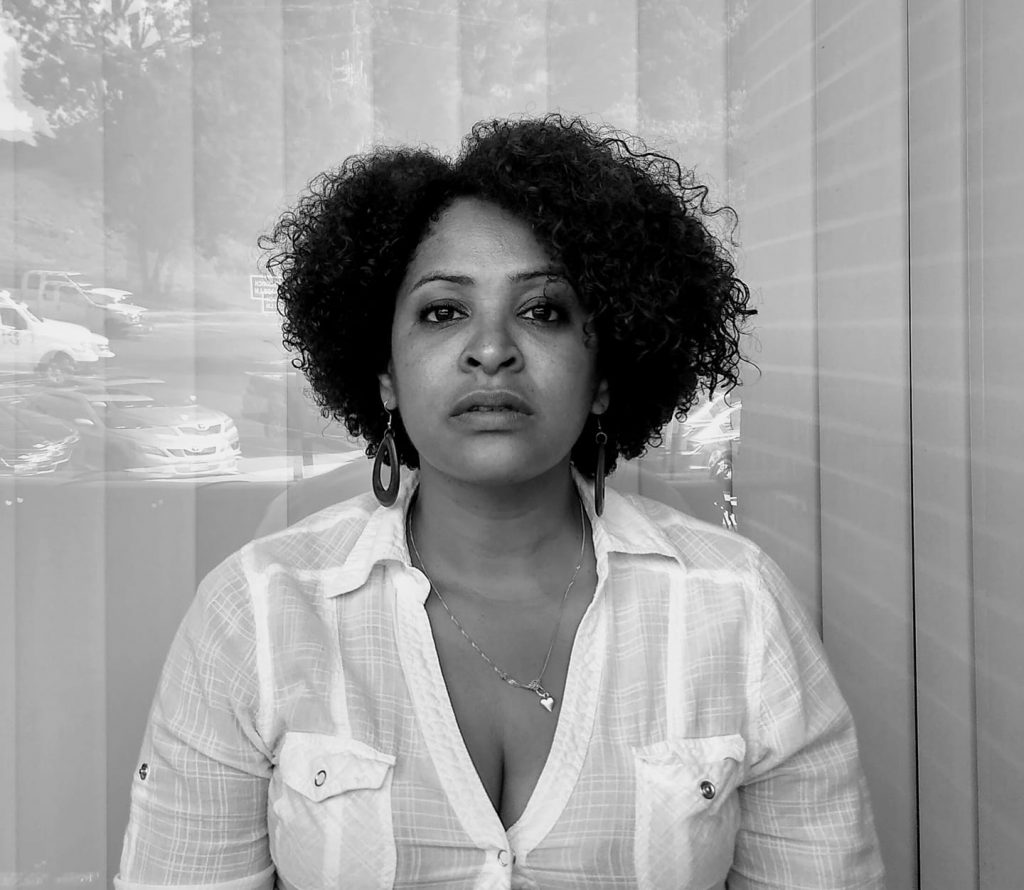
Dear Commission Members:
My name is Laritza Diversent. I am the director of Cubalex.
Working in collaboration with the group Justicia 11J [11 July], we have recorded the detentions of 1,130 people since July 11, 572 of whom remain incarcerated. Several people who have been released report incidents of torture and mistreatment including beatings, verbal assaults, threats of sexual violence and the use of dogs to intimidate prisoners. They were forced to undress and shout slogans in support of the Cuban revolution such as “Viva Fidel” and “Viva Diaz-Canel.”
According to our records, at least thirty-three have contracted Covid-19 since being imprisoned due to deplorable sanitary conditions and overcrowding in jail cells. We are concerned for those detainees with chronic illnesses, such as HIV, who have reported being denied access to medication. We draw your attention to the situation of five people with disabilities, who require regular psychiatric treatment.
Several of the protesters were temporarily subjected to enforced disappearance. Cubalex is aware of forty people about whom the authorities have declined to provide information as to where they were being detained. We have learned of twelve cases in which courts never issued rulings on this serious violation, a practice which is systemic in Cuba and that must be monitored to prevent it from becoming more common and acute.
We are concerned about the invisibility of certain vulnerable social groups who lack information of the status of those being detained and the their family members who are afraid to come forward. Although some of these groups are not the most representative, the repression against them has been disproportionate so as to have a deterrent effect on their communities. We note that belonging to civil society groups perceived as critical of the government has been a decisive factor in filing criminal charges that carry severe sentences.
We are concerned about the effects of detention on youths and adolescents. At least 326 are between the ages of 14 and 30. There are 159 who remain behind bars, including two minors under the age of 16 who are in correctional centers. There are eight between the ages of 16 and 18 who are still incarcerated. In these cases, the State has failed to comply with its obligation to apply the standards on justice as they apply to minors.
We have recorded detentions of thirteen people between the ages of 60 and 75, six of whom remain incarcerated, among them the political activists Carlos Manuel Pupo Rodriguez and Felix Navarro, ages sixty-seven and sixty-eight respectively.
We have recorded detentions of 185 women, sixty-one of whom remain incarcerated. We draw your attention to the plight of single mothers whose family situations have not been taken into account, especially those situations in which minors or other relatives depend on these women for special care.
According to data we have obtained, of the cases involving people of African descendant, 24% of detainees were released from prison compared to 40% of white detainees. There are five people who have real or perceived [non-traditional] sexual orientations and/or diverse gender identities.
Equally concerning is the treatment on journalists covering the protests, who were attacked in an attempt to restrict the flow of information. Assaults were reported on eighteen journalists — five women and thirteen men — from eight independent media outlets in several provinces. Most of those who have been released are under ongoing, illegal house arrest, a situation made worse by selective and deliberate denial of access to internet services.
Lastly, we draw your attention to the statutory framework adopted by the government to limit freedom of expression on digital platforms. Legal Decree No. 35, which took effect in response following the July 11 protests, imposes massive restrictions on internet access and forces operators and providers of public telecommunication services to monitor content on their sites. Under these regulations, live broadcast of demonstrations and online calls for public protests can be treated as harmful dissemination, cyber-terrorism, cyber-warfare and social subversion. Thank you.
The article “Laritza Diversent Petitions Inter-American Commission on Human Rights on Behalf of Cubans Detained on July 11” was first published on Cubalex.
